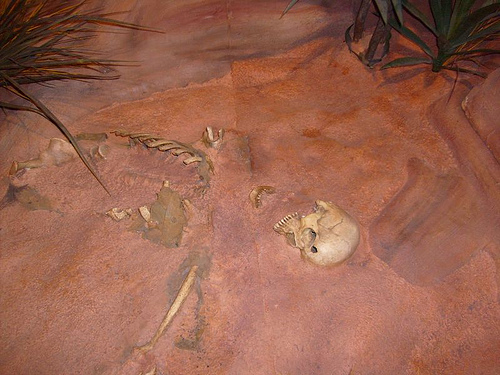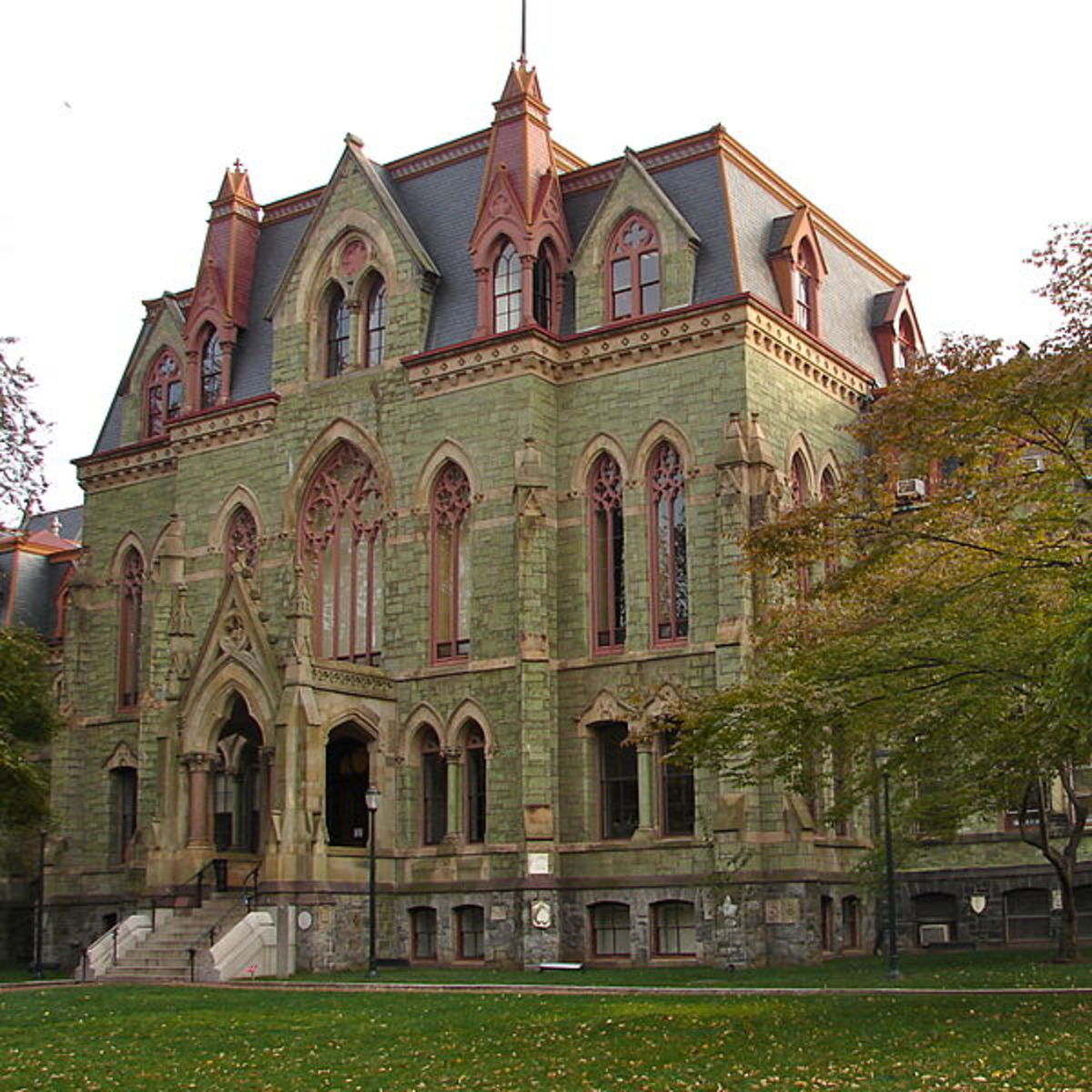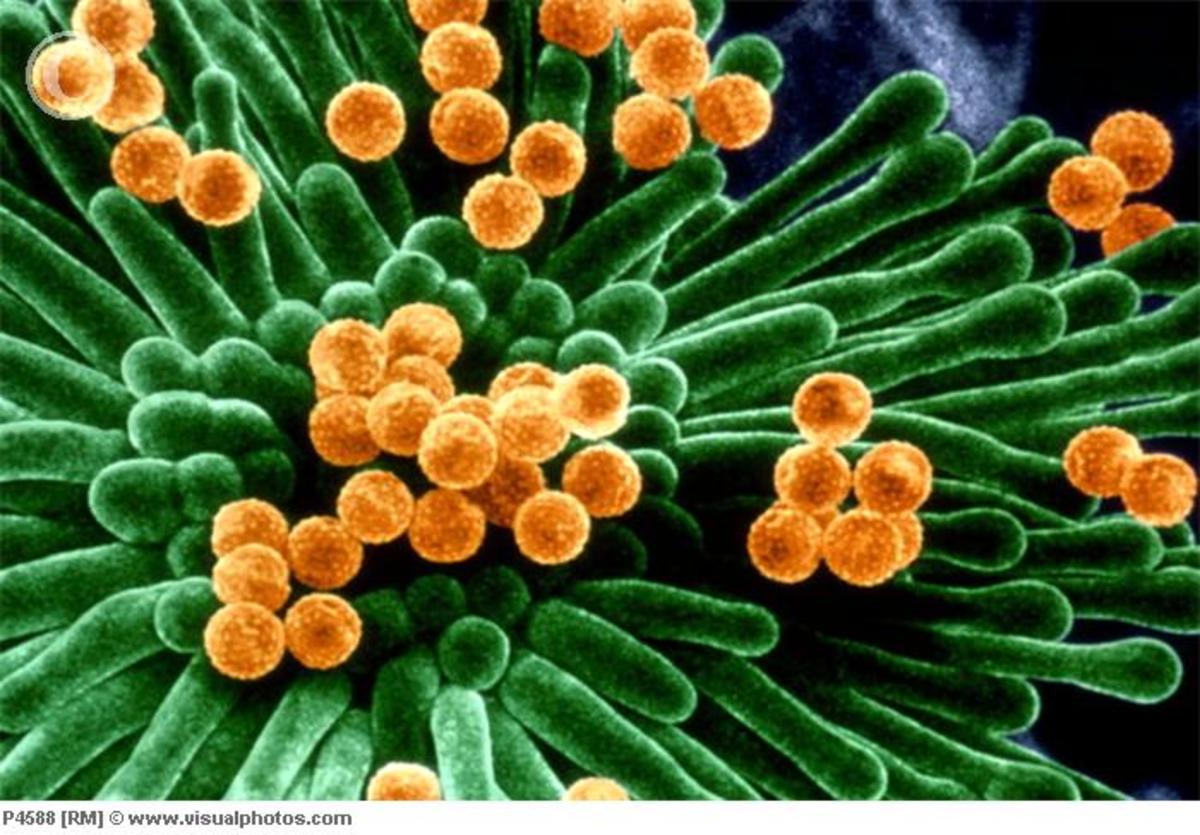How to Pursue a Career in Forensic Science
Forensic Science is a field that is growing in popularity, largely due to criminal investigation shows such as CSI, which feature scientists who analyze the physical evidence of crime scenes to solve the mystery in the space of an hour-long TV show. In reality, forensic science is much more complex, requiring years of training in preparation for a rewarding career.

- Applications For Fingerprints by the FBI and Law Enf...
This article teaches kids how the FBI and other law enforcement agencies use fingerprint science to solve crimes and find criminals. Interested kids can capture their own fingerprints on the free printable... - All About Fingerprints
Fingerprints are impressions made by the papillary ridges on the ends our fingers. Because these ridges are unique to every human being and do not change with growth or age, they make an ideal form of...
There are many different disciplines in forensic science to choose from if you are considering a career in the field. These are recognized from the American Academy of Forensic Scientists (AAFS) (http://www.aafs.org):
- Criminalistics
- Engineering Sciences
- General Forensic Science
- Odontology
- Pathology/Biology
- Physical Anthropology
- Psychiatry and Behavioral Science
- Questioned Documents
- Toxicology
The particular discipline you wish to pursue will determine what kind of degree or educational training you should have. A Bachelor of Science degree in chemistry, biology, physics, and other science disciplines will prepare you to begin post-graduate hands-on training for any discipline. Some schools offer degrees in forensic science that train students specifically for forensic careers. Courses in public speaking, debate, and technical writing are recommended by the AAFS.
Beyond a general science degree, you should pursue coursework and degree programs that will be most relevant to the discipline you wish to pursue. For instance, if you wish to pursue a career in Physical Anthropology (the study of human remains), you should take courses in human anatomy and osteology (the study of bones). For a career in Questioned Documents, you should take coursework in criminology. If toxicology appeals to you, your study should emphasize physical science, chemistry, and pharmacology.
Degree Programs in Forensic Science
Albany State University offers a Bachelor of Science in Forensic Science and is accredited by the AAFS. Indiana University-Purdue University Indianapolis offers a Bachelor of Science and Investigative Sciences. Several schools also offer Associate degrees or certifications, including Griffin Technical College, the University of Florida, and the International Forensic Research Institute at Florida International University. This Institute also offers a Masters of Forensic Science, which is available as an online degree as well.
For post-graduate study, The George Washinton University in Washington, D.C. offers a Master of Forensic Science Degree with several concentrations to choose from, including Crime Scene Investigation, Forensic Toxicology, and Security Management. Boston University Medical Center offers a Masters in Biomedical Forensic Science. This is a particularly strong program because it is based at a major medical center that offers students extensive hands-on training.
Careers in Forensic Science
As a forensic scientist, you may work for police departments, medical examiner's offices, colleges or universities, or sheriff's or district attorney's offices. Many federal agencies employ criminal investigators, such as the Drug Enforcement Administration (DEA), Bureau of Alcohol, Tobacco, and Firearms (ATF), Federal Bureau of Identification (FBI), United States Postal Service (USPS), Central Intelligence Agency (CIA), or the armed forces. The Department of Justice also regularly employs forensic scientists in helping other countries train their own forensic investigators.









